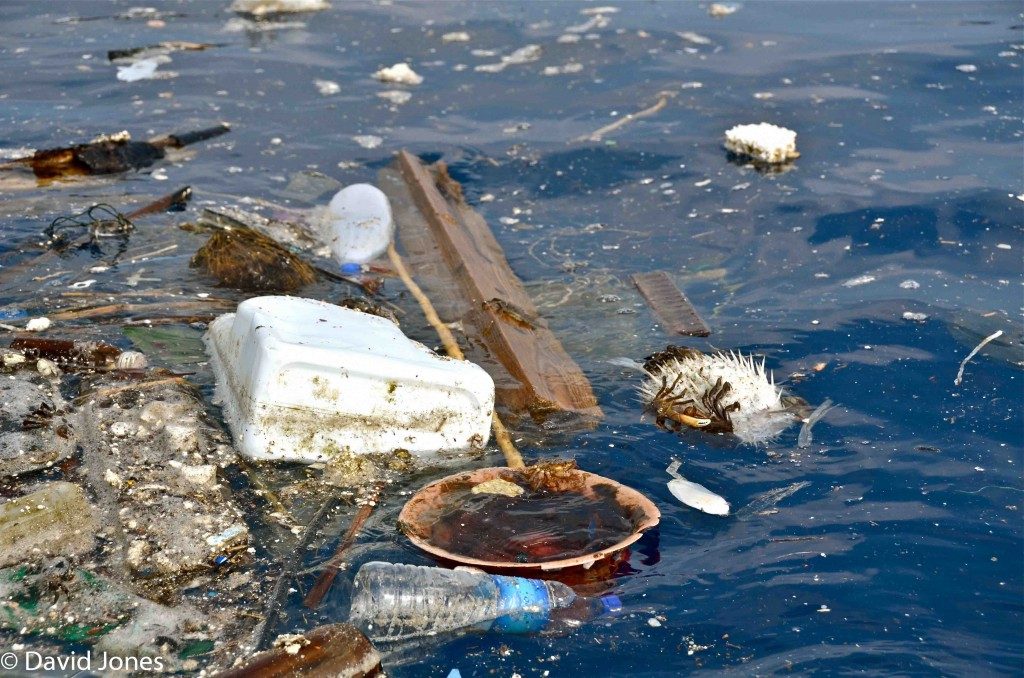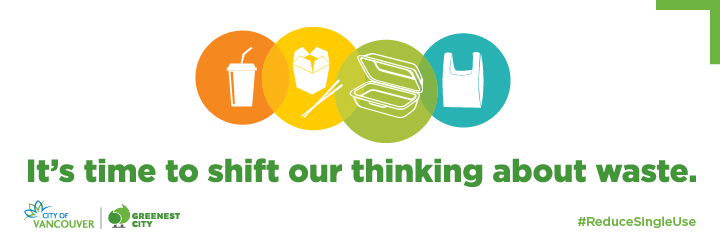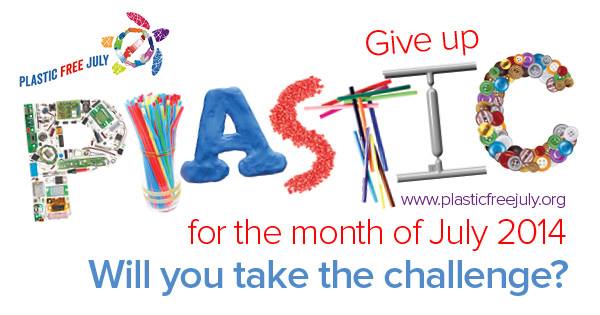Single Use Plastic – Issues & Reduction Strategies
Single-Use Plastic Items
 Single use disposable plastic items including take out containers such as cups, plates, bowls, forks, spoons, knives, plastic straws and stirrers, plastic bags and plastic water bottles pose a serious environmental problem around the world.
Single use disposable plastic items including take out containers such as cups, plates, bowls, forks, spoons, knives, plastic straws and stirrers, plastic bags and plastic water bottles pose a serious environmental problem around the world.
These items are used once and are often discarded in our streets and parks. Plastic items do not go away, they simply break down into increasingly smaller pieces.
Plastics fragments can release toxic chemicals into the environment and can be a serious health risk for humans and animals.
It is time for all of us, including both residents and businesses in Maple Ridge, to get serious about reducing the consumption of single use disposable plastic items.
- REDUCE – Choose to avoid single use items. “Just say NO to plastic straws.” Support regional strategies and/or bans on single use items.
- REUSE – Choose to bring your own coffee cup or shopping bag. “Just say NO to plastic grocery bags and disposable cups.”
- RETHINK – Choose the environment and our future over convenience.
Worldwide attention
Lately, there has been a lot of focus on single-use plastic issues in the media. It’s encouraging that people are becoming more aware about this issue and taking action.
Here are some links if you are interested in learning more:
News Release – Government of Canada delivers on commitment to ban harmful single-use plastics – June 20, 2022
Canada – Single-use Plastics Prohibition Regulations – Guidance for selecting alternatives
Canadian Government to Ban Single Use Plastics
BC Better Positioned to Handle China Ban
Dialogue on Plastic Waste: online consultation for moving Canada toward zero plastic waste
City of Victoria wins court battle over right to ban plastic bags
Starbucks to Stop Using Disposable Plastic Straws by 2020
Hyatt Announces Global Efforts to Reduce Single Use Plastics
Australia Takes Stand On Single-Use Plastic Bags
Seattle Becomes First Major US City to Ban Plastic Straws & Utensils
Mumbai Bans Plastic Bags & Bottles
By the Numbers: How the World is Banning Single-Use Plastics
If you’re looking for resources, the City of Vancouver has adopted a Single-Use Plastic Reduction Strategy and there is a guide to help Restaurants and Eateries “Reduce Plastic & Benefit Your Business.”

The Problem With Plastic
Did you know every piece of plastic ever created still exists on our planet today? This is because plastic never goes away, it just breaks down into smaller and smaller pieces.
There are a number of issues with having this much plastic in our environment:
1. It never goes away.
2. It absorbs chemicals. This means recycled plastic cannot be made into food-grade containers and absorbed chemicals in non-recycled plastic may be released into the environment or any animal that ingests it.
3.  Animals of all sizes mistake pieces of plastic as food, both on land and in the water.
Animals of all sizes mistake pieces of plastic as food, both on land and in the water.
4. Chemicals absorbed by animals affect their endocrine (hormonal) systems and can be passed to their offspring or passed along the food chain if they are eaten by a larger animal.

Recycling Programs
 At the Maple Ridge Recycling Depot, we are able to accept most plastic packaging through Recycle BC’s recycling stewardship program, including:
At the Maple Ridge Recycling Depot, we are able to accept most plastic packaging through Recycle BC’s recycling stewardship program, including:
-Mixed Containers
-Flexible Plastics
–Styrofoam (white & coloured)
But look around you – how many other plastic items do you see that don’t fit into the “packaging” category and are not recyclable? What could you use as an alternative? How much plastic do you come in contact with each day?
Ridge Meadows Recycling Society’s Position Statement on Low-Grade Plastics as Fuel
Ridge Meadows Recycling Society believes in Extended Producer Responsibility (EPR) programs and supports the long-term goals of these programs, based on adherence to the pollution prevention hierarchy model. Where there is no established system for specific materials, we recognize the need for testing or recovery or for use as engineered fuel, where there is no higher use or recycling options currently available.
We believe that the use of low-grade plastics as a fuel substitute is NOT part of a move toward Zero Waste. Our position is based on the conviction that continued use of these plastics as fuel promotes Waste-to-Energy initiatives.
Plastic Free July
 Annually, our summer students take on the Plastic Free July Challenge, where they attempt to go a whole month without using any single-use plastic. Any plastic they are unable to avoid goes into their “dilemma bag” which they unpack and reflect on during a Facebook Livestream session at the end of the month. Check out their Ridge Meadows Plastic Free Challenge Facebook Group!
Annually, our summer students take on the Plastic Free July Challenge, where they attempt to go a whole month without using any single-use plastic. Any plastic they are unable to avoid goes into their “dilemma bag” which they unpack and reflect on during a Facebook Livestream session at the end of the month. Check out their Ridge Meadows Plastic Free Challenge Facebook Group!
Movie Screenings
Ridge Meadows Recycling also has local screening rights to some great movies about this issue:
 The Clean Bin Project:
The Clean Bin Project:
 “Is it possible to live completely waste free? In this multi-award winning, festival favourite, partners Jen and Grant go head to head in a competition to see who can swear off consumerism and produce the least garbage Their light-hearted competition is set against a darker examination of the problem waste. Even as Grant and Jen start to garner interest in their project, they struggle to find meaning in their minuscule influence on the large-scale environmental impacts of our ‘throw-away society’. Described as An Inconvenient Truth meets Super Size Me, The Clean Bin Project features laugh out loud moments, stop motion animations, and unforgettable imagery. Captivating interviews with renowned artist, Chris Jordan and TED Lecturer Captain Charles Moore, make this film a fun and inspiring call to individual action that speaks to crowds of all ages.”
“Is it possible to live completely waste free? In this multi-award winning, festival favourite, partners Jen and Grant go head to head in a competition to see who can swear off consumerism and produce the least garbage Their light-hearted competition is set against a darker examination of the problem waste. Even as Grant and Jen start to garner interest in their project, they struggle to find meaning in their minuscule influence on the large-scale environmental impacts of our ‘throw-away society’. Described as An Inconvenient Truth meets Super Size Me, The Clean Bin Project features laugh out loud moments, stop motion animations, and unforgettable imagery. Captivating interviews with renowned artist, Chris Jordan and TED Lecturer Captain Charles Moore, make this film a fun and inspiring call to individual action that speaks to crowds of all ages.” A Plastic Ocean:
A Plastic Ocean:
“In the center of the Pacific Ocean gyre our researchers found more plastic than plankton. A Plastic Ocean documents the newest science, proving how plastics, once they enter the oceans, break up into small particulates that enter the food chain where they attract toxins like a magnet. These toxins are stored in seafood’s fatty tissues, and eventually consumed by us.” Filmed in multiple locations around the world, “A Plastic Ocean” fearlessly tackles one of the largest and most wide-spread problems in our modern world.
Email leanne@rmrecycling.org if you are interested in setting up screenings for your school, office, or community group. We also recommend “The Lorax” to introduce the topic to younger audiences.
Take Action!
There are also a number of easy ways for YOU to start reducing your use of single-use plastic TODAY. Check out these tips & ideas:

Thank you for choosing the environment over convenience!




